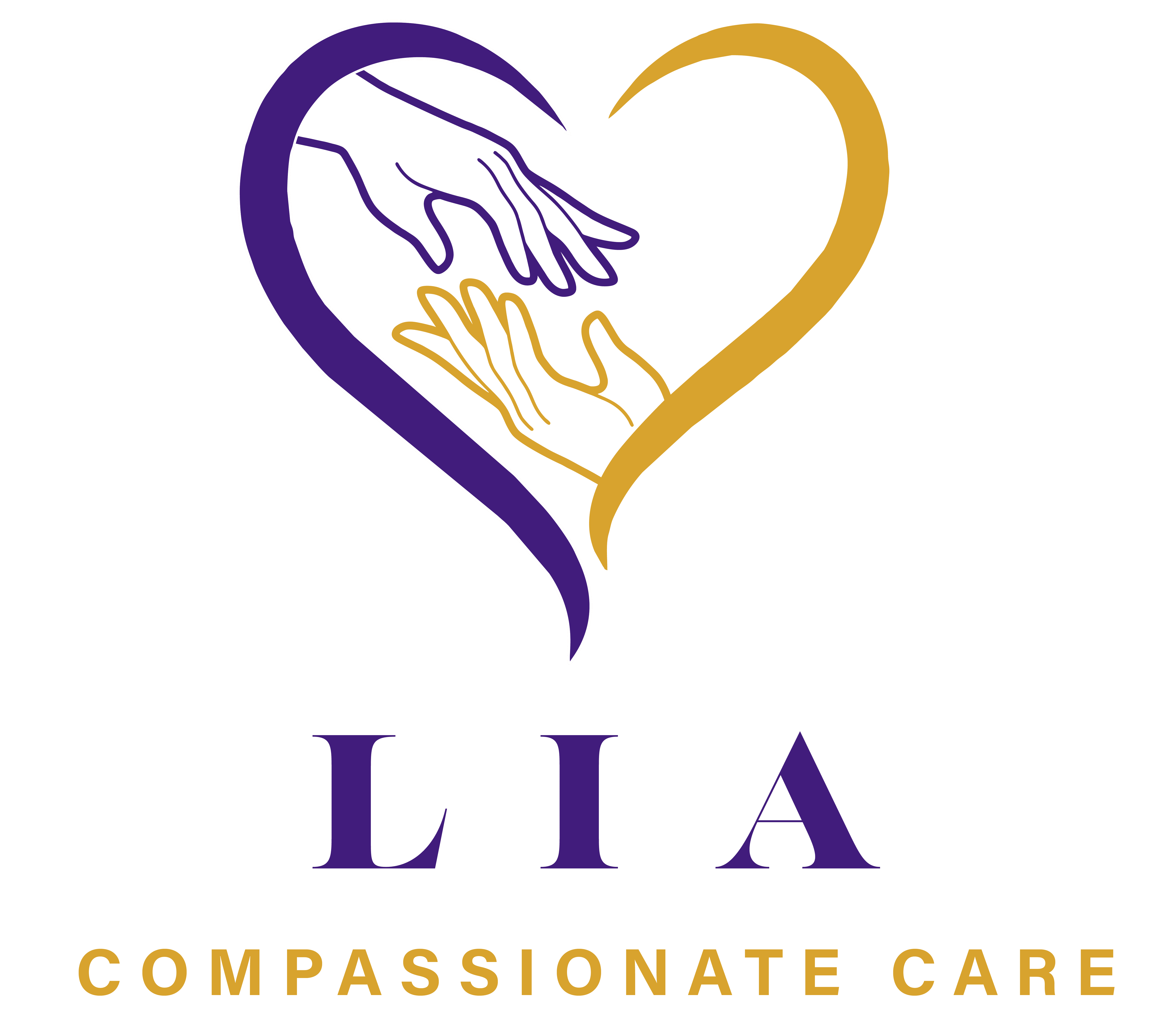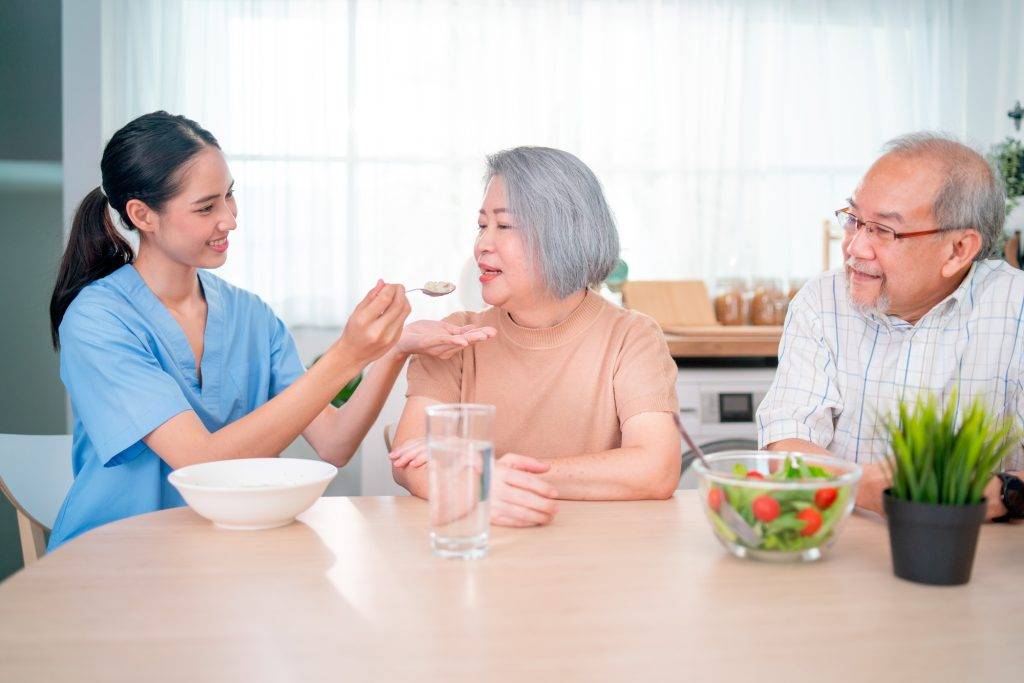As our parents and other elderly loved ones age, it can often be difficult to determine if additional care and assistance is required in order for them to continue living comfortably and safely on their own. However, keeping an eye out for certain telltale signs can help signal when the time has come to consider extra support.
One of the most common indicators is uncontrolled clutter and mess accumulating over time. Piles of unsorted mail, dishes in the sink, floors not being cleaned, laundry continuously overflowing – these can all be signs that everyday household tasks are becoming arduous and unmanageable. Struggling with bills and finances can also occur, with unpaid or forgotten bills piling up. This points to difficulty tracking and attending to important monetary matters.
In other cases, challenges with personal self-care may arise. You may observe that your aging parent has increasing trouble properly bathing, grooming themselves, getting dressed, and attending to other fundamental hygienic habits once taken for granted. This slipping self-care can be for multiple reasons including declining mobility, energy levels and motivation.
An uptick in falls or other injuries can also be a major red flag, causing increasing visits to the doctor or calls for assistance after a tumble. These mishaps indicate a difficulty with stability and getting around safely alone. Relatedly, odd scratches or damage to vehicles or reports of getting lost while driving around previously familiar areas shows signs of memory lapse and confused cognition manifesting on the road.
Even in early stages, increased memory loss in general should not be taken lightly. Noticeable incidents of forgot conversations, misplaced items, or difficulty recalling recent events all can occur as cognition suffers. As this confusion progresses it can mean greater propensity for getting lost even on routine trips or walks.
Witnessing any combination of factors like these in a parent or elderly loved one you care about should raise concern about their ability to fully function alone without assistance. Though bringing up this conversation is difficult, it is best to address changes proactively once you spot them. This allows you to work collaboratively to map out a care plan focused on maintaining independence and comfort.
Be compassionate in these talks, emphasizing you aim to support versus criticize. Bring in a home health agency like Lia Compassionate Care early on as well, since our expertise can help identify needs and seamlessly introduce whatever level of support is warranted, be it daily assistance or just periodic aid with chores and transportation. Leaning on professionals eases stress tremendously while keeping your elderly loved ones happily in their home longer.





